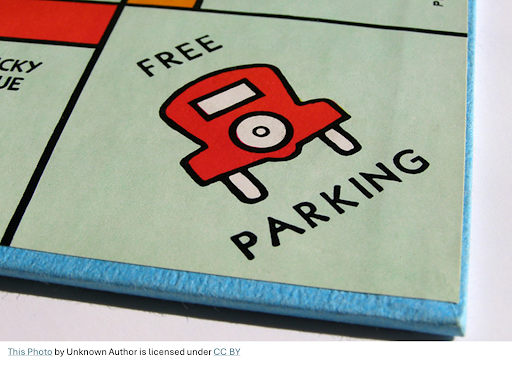“Progress is not an illusion; it happens, but it is slow…” This quote by George Orwell exemplifies the change being instituted in the dining halls by Sodexo’s new partnership with the Real Food Challenge.
The Real Food Challenge is a campaign to get college campuses nationwide to try to adopt increase the amount of organic and “real” food that they serve their students. The goal is to get 20 percent of all colleges to serve “real” food by 2020, and it is undeniably a step in a positive direction.
But should we be DUing more? Aspirations could always be set higher and demands made bigger. “Local” being defined as within 250 miles does not seem that impressive, but it would be a huge improvement from thousands of miles or even tens of thousands of miles. Essentially, 20 percent will not be enough of a change to satisfy students, but you have to start somewhere.
The food students eat on campus every day provides tangible means of observing and judging the choices made by Sodexo. It was through disappointment and displeasure with the dining services that students initiated discussions about taking on the Real Food Challenge. As awareness developed, students made it clear that they want to be eating more local, organic, sustainable and humane food. Moving forward, it is going to be critical for students to be both adamant about their demands and also patient about tasting results.
This new partnership is a victory, but it is likely that students will not witness the effects of it overnight. Regardless of visible changes, it is crucial for students to exercise their consumer influence. Individuals need to appreciate that every time they purchase a product they are voting to support that company and their practices. As students on meal plans we hold a similar authority. Through DU, we can guide Sodexo’s serving choices to align with the beliefs of the student body.
Giving students influence over dining services and enabling them to analyze and monitor the decisions being made are indispensable opportunities for student involvement. Moving towards more transparent food services on campus is an immensely positive goal and will certainly motivate students to be a part of the process.
In certain circumstances it needs to be recognized how to work within the current system. In this situation it means recognizing that Sodexo has certain company constraints and that integration of “real” food needs to be structurally feasible for them. Ideally, all of Sodexo’s food would be “real” and the student population could feel proud about where their food was coming from. Realistically, students have to accept that the wheels of justice really do grind slowly.
Students should not take this as a message to be resigned about the progress being made in the dining halls. Rather, students should remain resolute in their desire for change, celebrating victories and striving for ever-higher goals. This should also be taken as an acknowledgment of the frustration that is and will be experienced, and a reminder that through students’ efforts, change can be achieved.











